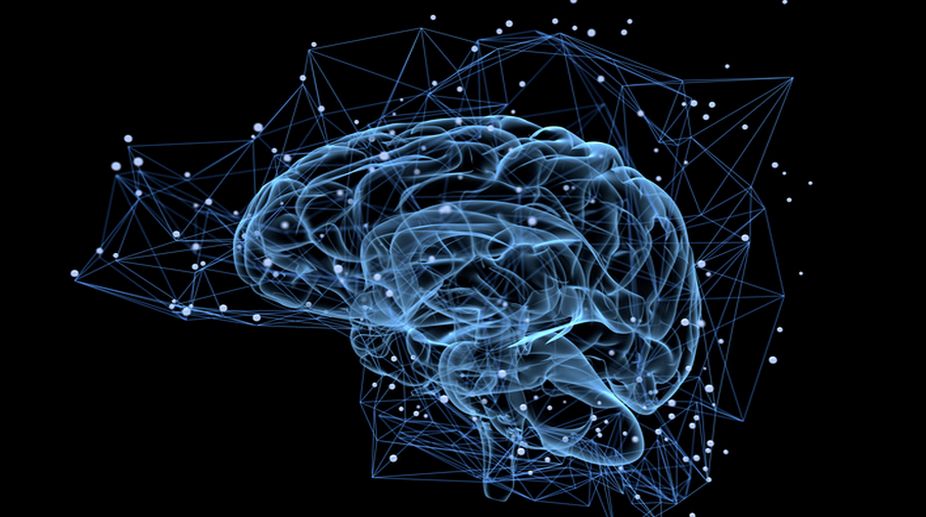The hippocampus and entorhinal cortex — brain regions devoted to spatial navigation — could be associated both with making maps of the external environment as well as with forming new memories, research has revealed.
The findings suggest that common circuit mechanisms in the hippocampal-entorhinal system are used to represent diverse behavioural tasks, possibly supporting cognitive processes beyond spatial navigation.
Advertisement
"Almost 40 years of research suggested that a certain region of the brain was devoted to spatial navigation. We found that this same region is also involved when navigating not only spatial environments but also cognitive ones," said David Tank, Professor at the Princeton University in New Jersey, US.
In the study, published in the journal Nature, the team monitored the electrical activity of neurons in the hippocampal and entorhinal regions while the rats manipulated sounds and learned to associate certain sound frequencies with rewards.
The findings revealed that the hippocampus is active when the brain is exploring a very different kind of environment — here listening to sounds.
As the rats listened and responded to certain sounds, similar firing patterns to those were seen when rats were exploring their environments.
Perhaps, the hippocampus and the nearby entorhinal cortex — which work together to make mental maps — were not specific to mapping per se but were also involved in more general cognitive tasks, and that mapping was just one aspect of larger cognitive tasks involving learning and memory, the researchers said.











